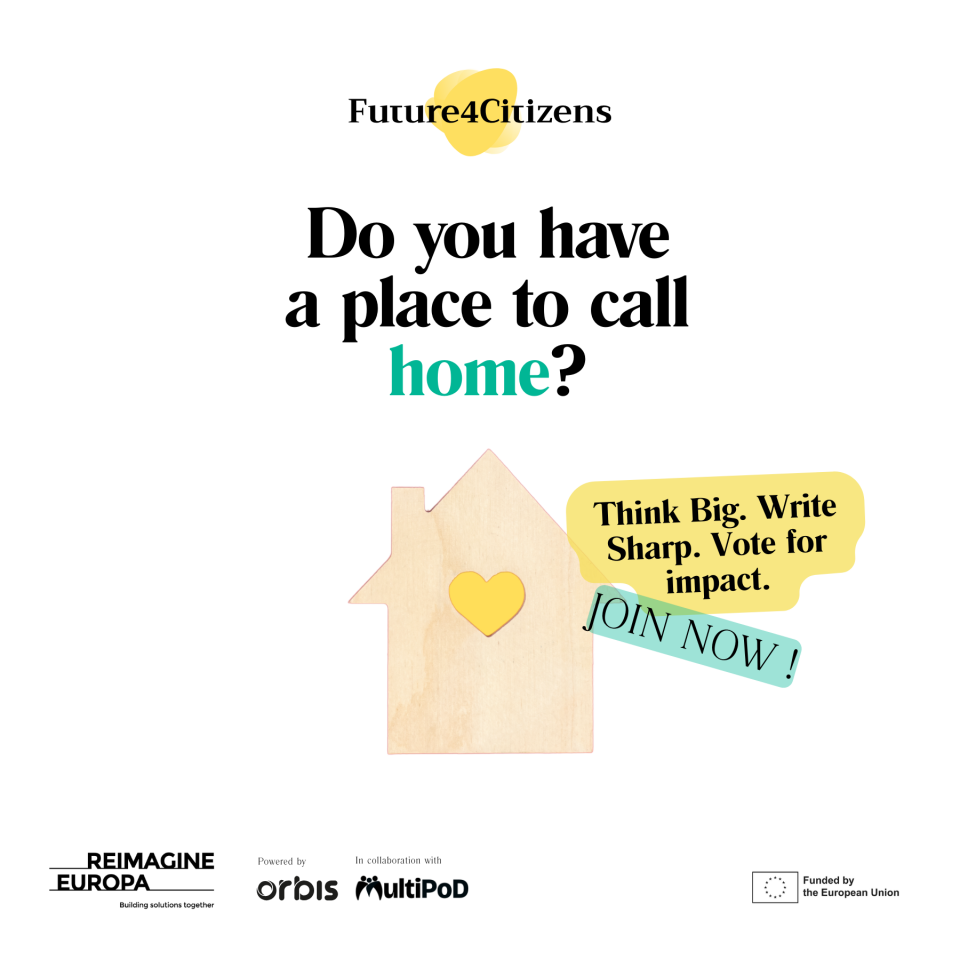| Start date: | 05/10/2021 |
|---|---|
| End date: | 05/10/2021 |
TASK FORCE ON SUSTAINABLE AGRICULTURE AND INNOVATION
Expert Committee Meeting
Genome Editing Beyond the EU: A Global Conversation
5th of October – Online Event
Event Programme
BACKGROUND AND OBJECTIVES
Our food and agricultural systems face important challenges: higher productivity, dietary changes, biodiversity loss and climate change. Crops have always been central to our food systems and plant breeding has a long history of innovation which is about the use of genetic variation and the ability to develop and select plants with desired characteristics in a more efficient manner. Such selection has the potential to contribute to more sustainable crop production, for instance by reducing the need to use plant protection products, by making crops less vulnerable to extreme weather conditions and other environmental stresses.
Genome editing has recently been added to the plant breeders’ toolbox and is currently being used in crop-related R&D worldwide. In October 2020, Jennifer Doudna of the University of California Berkeley and Emmanuelle Charpentier of the Max Planck Unit for the Science of Pathogens in Berlin were awarded the Nobel Prize in Chemistry for the development of the CRISPR-Cas genome editing tool. Many applications of CRISPR-Cas have resulted in crops with small genetic changes that do not differ from crops with genetic changes that can occur naturally or result from conventional breeding.
Following the ruling of the Court of Justice of the European Union (CJEU) in June 2018 that organisms from new mutagenesis techniques fall within the scope of the EU GMO legislation, the findings of the European Commission study on new genomic techniques published in April 2021 has made clear that a policy action on plants produced by targeted mutagenesis and cisgenesis is both necessary and forthcoming. Given this shift in stance from “if” to “how” the legislative framework should be changed, Europe must consider how it can ensure that its legislative framework maintains high health and safety standards whilst delivering on the goals of the European Green Deal and Farm to Fork strategy.
In shaping its own regulatory approach, it is more important than ever that Europe looks to what it can learn from regulatory developments in other parts of the world. The regulatory approach to genome edited organisms is not the same across the globe, a fact of some consequence to trade and the sharing of knowledge For this reason, Re-Imagine Europa (RIE), together with knowledge partners EU-SAGE and ALLEA, are organising a special session to look at the international dimension of this issue and showcase examples from across the world of how other countries and regions are approaching the topic. The main objective of the event will be to answer the question: ‘In deciding its own regulatory approach, what can Europe learn from, and in turn contribute to, regulatory developments in other parts of the world?’. A keynote speech by Professor Jennifer Doudna, President of Innovative Genomics Institute and 2020 Nobel Laureate in Chemistry for her groundbreaking development of CRISPR-Cas9 as a genome-engineering technology will open the session.
This session, organised together with the European Parliament, will see the participation of the members of the Steering Committee and Expert Committee of RIE’s Task Force on Sustainable Agriculture and Innovation, representatives from the European Commission, Members of the European Parliament and other key stakeholders. The aim is to discuss policy options that can deliver more proportionate, future-proof and resilient regulatory oversight, as understood in the Task Force’s White Paper on the Regulation of Genome Editing in Agriculture and in a manner that addresses the concerns identified as part of the narrative analysis detailed in the Task Force’s recent report Beyond the Apple of Discord: Existing Narratives and Ways Forward.
Here you can watch all the video highlights from the event



